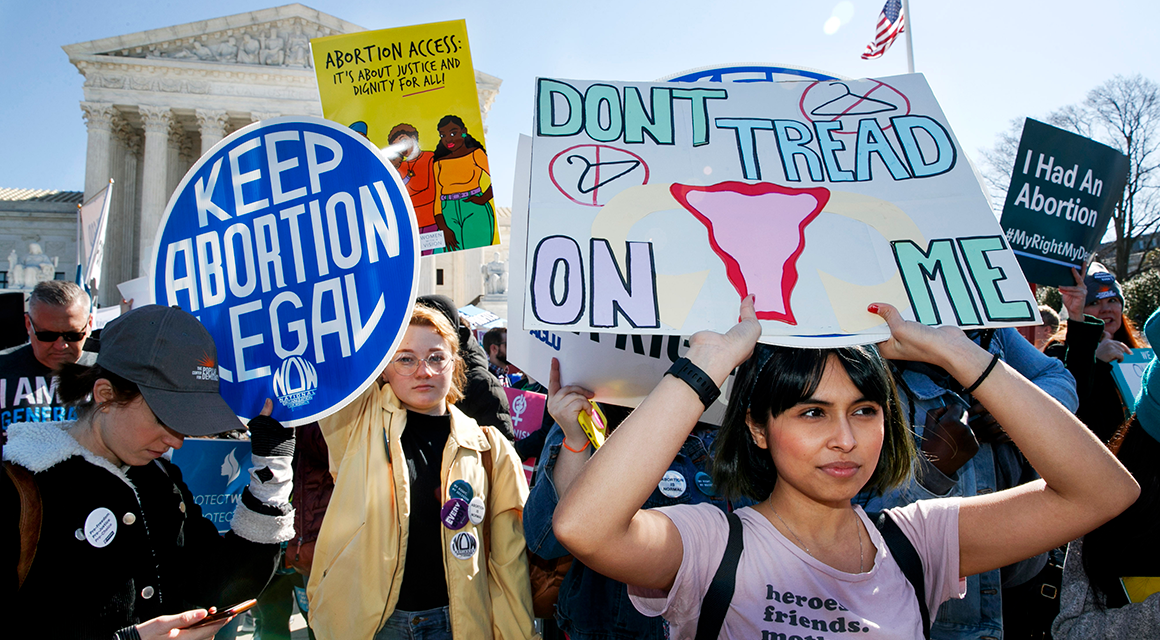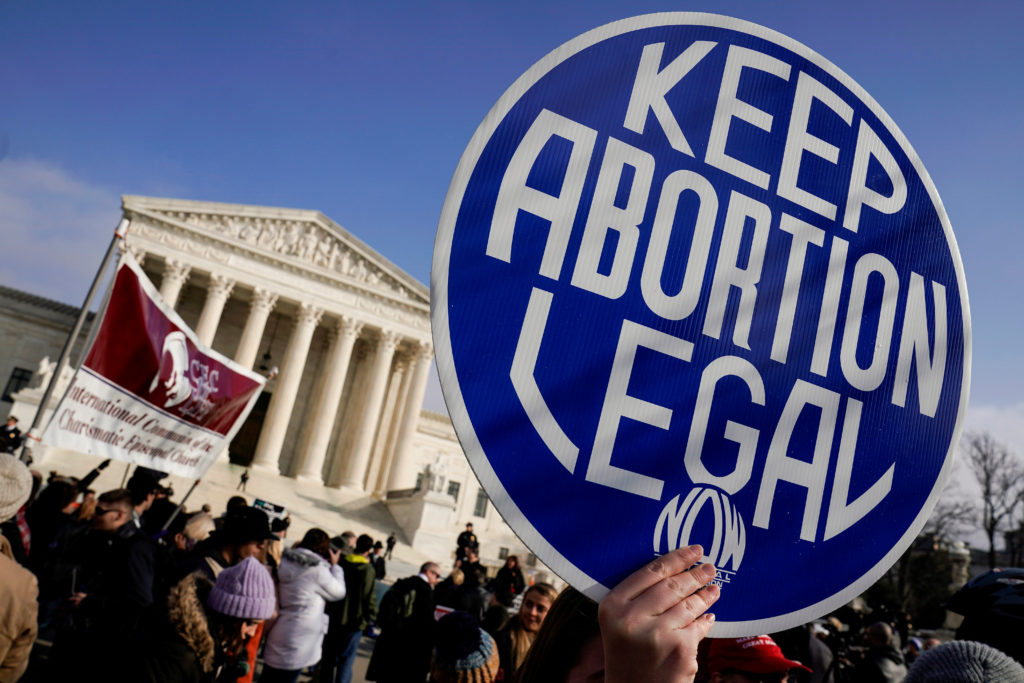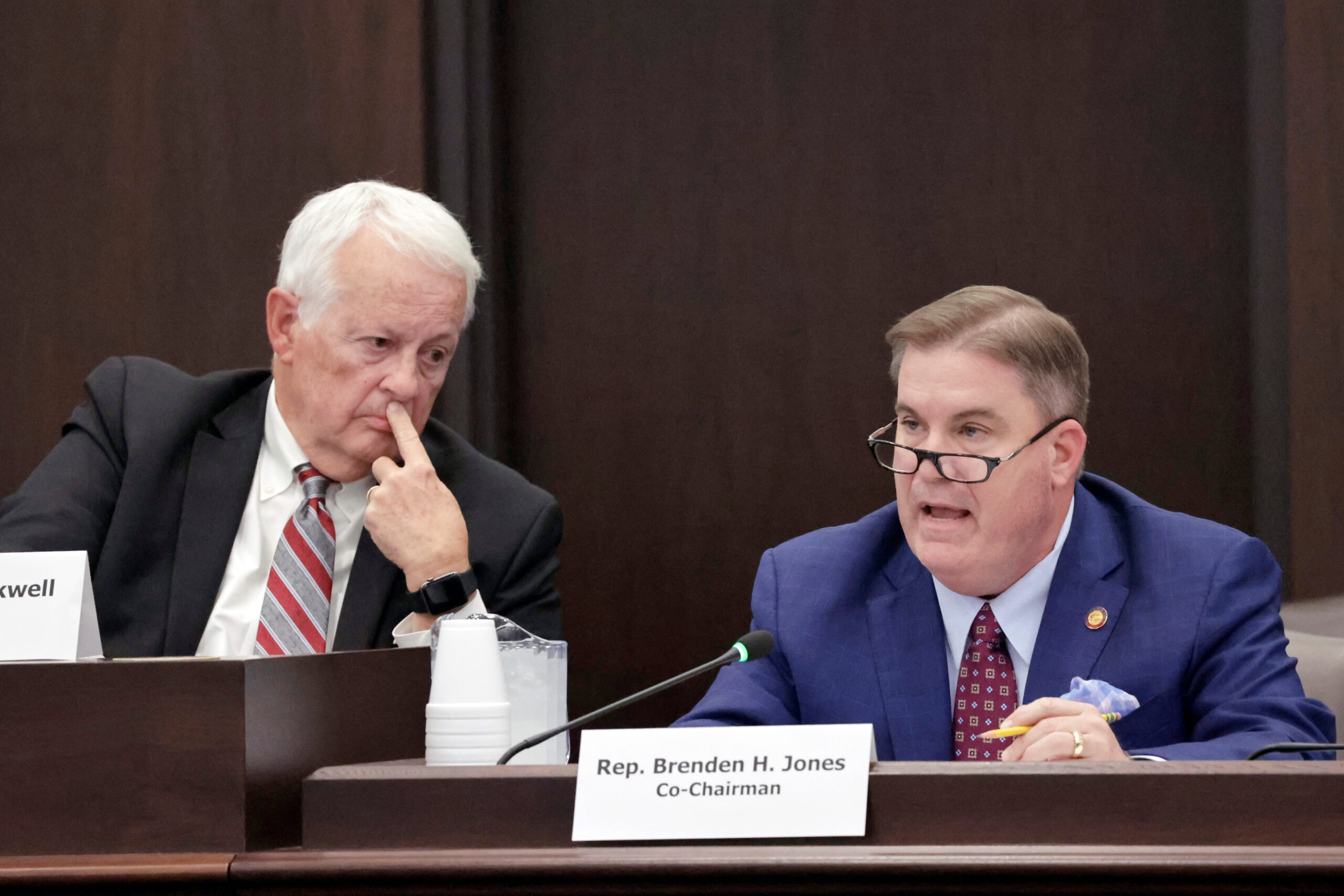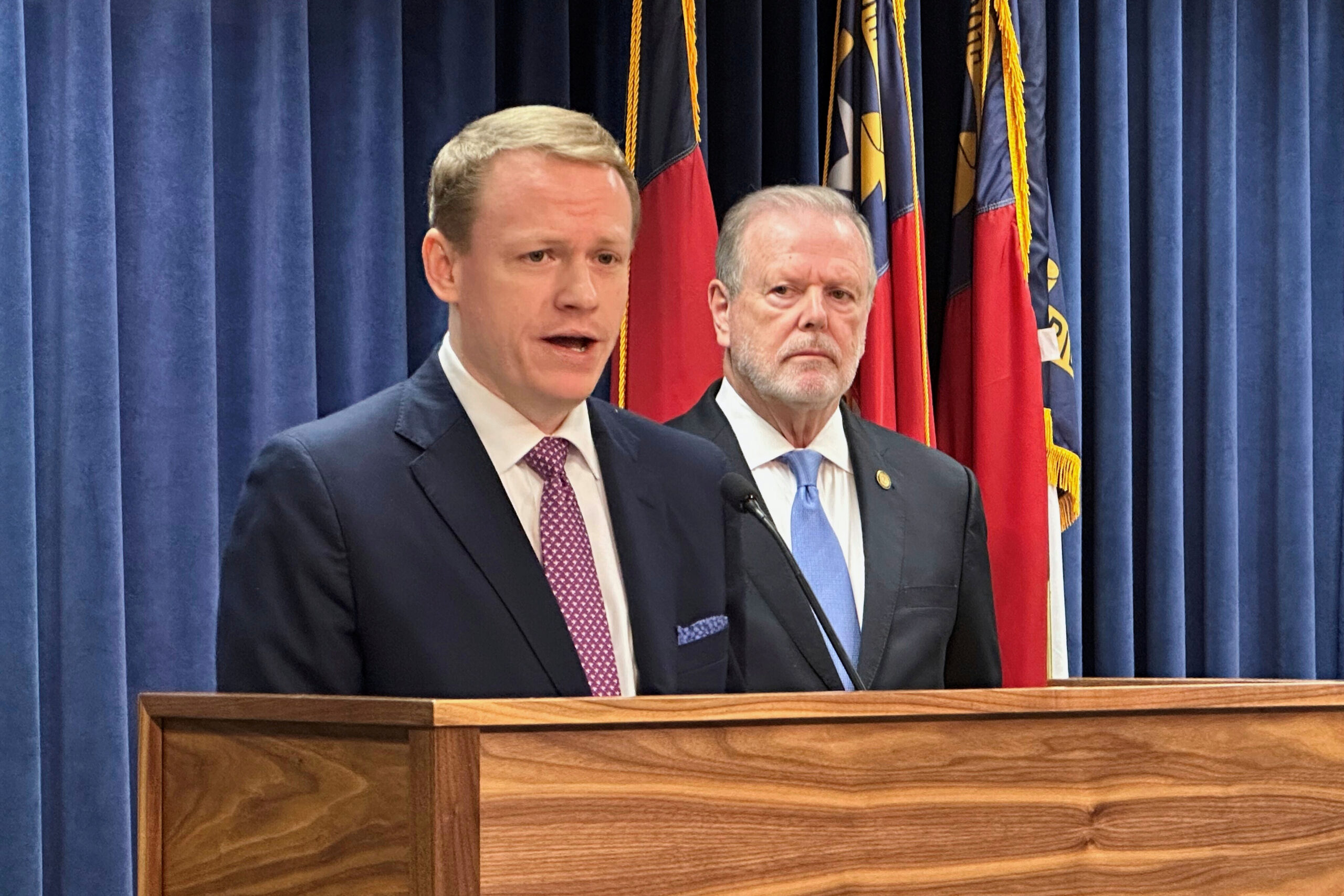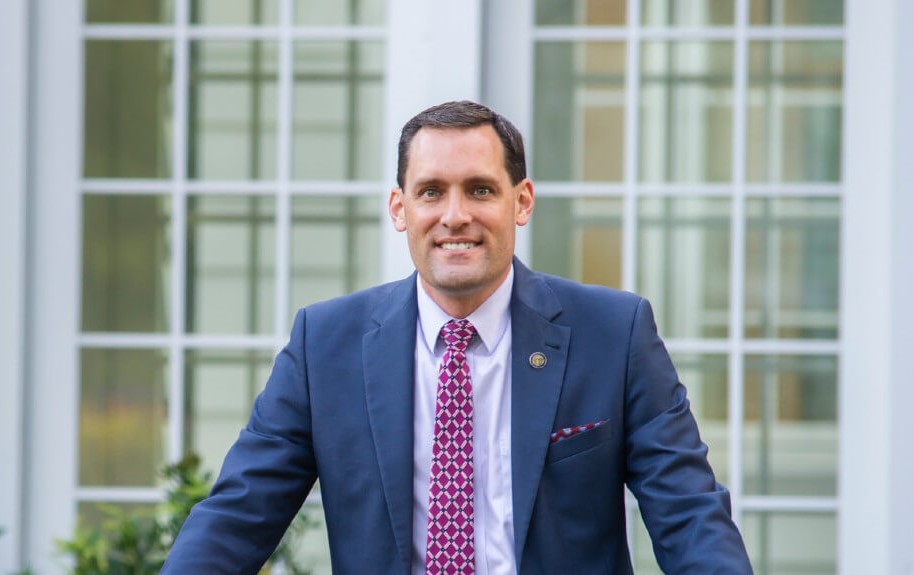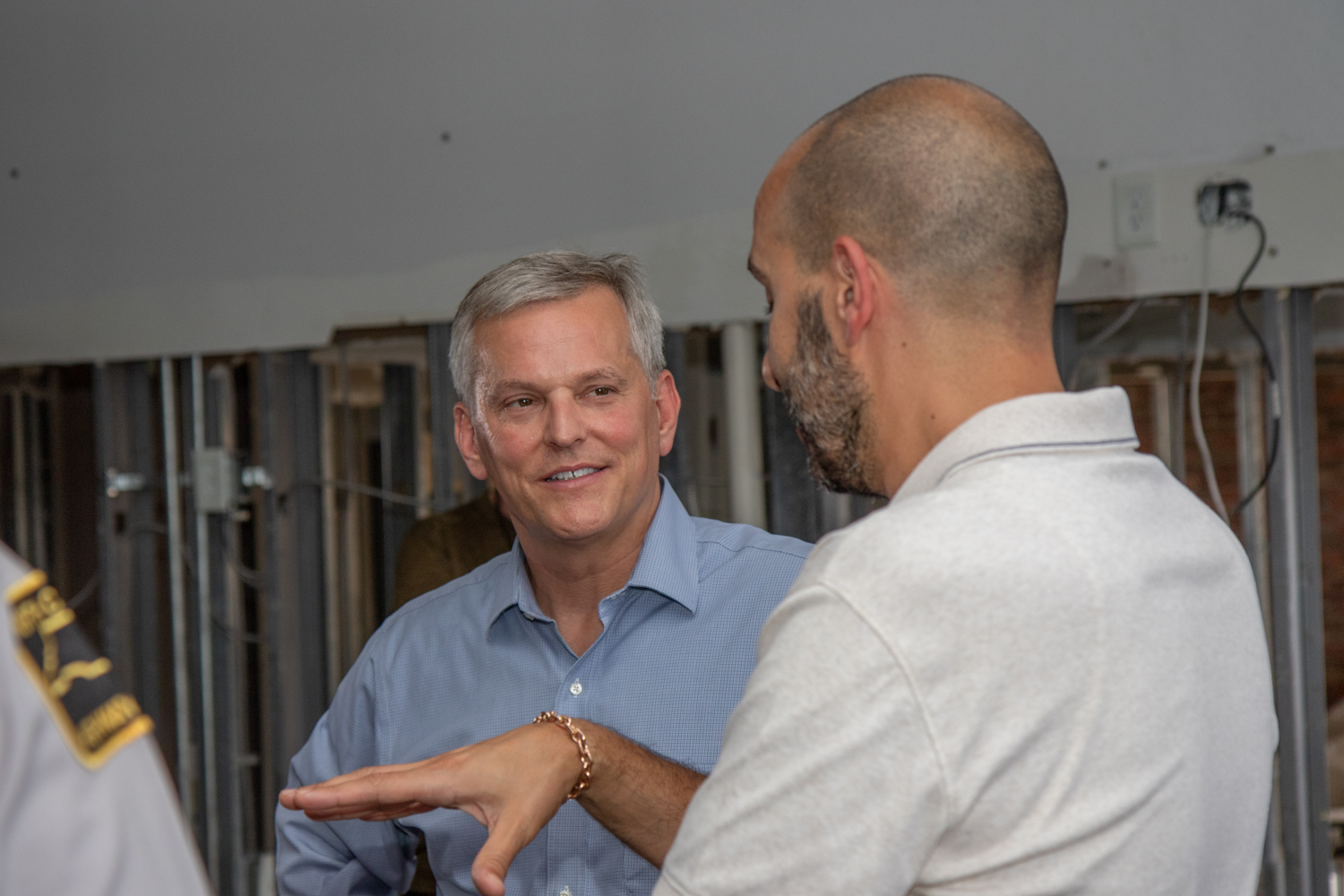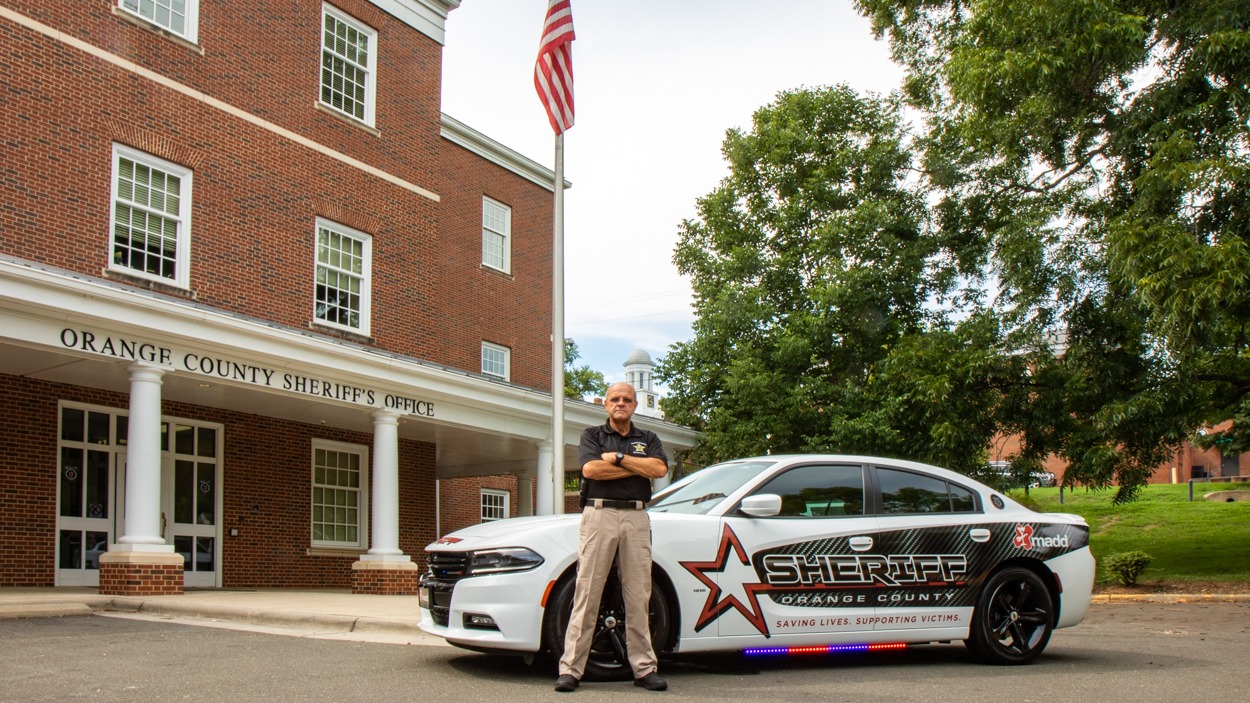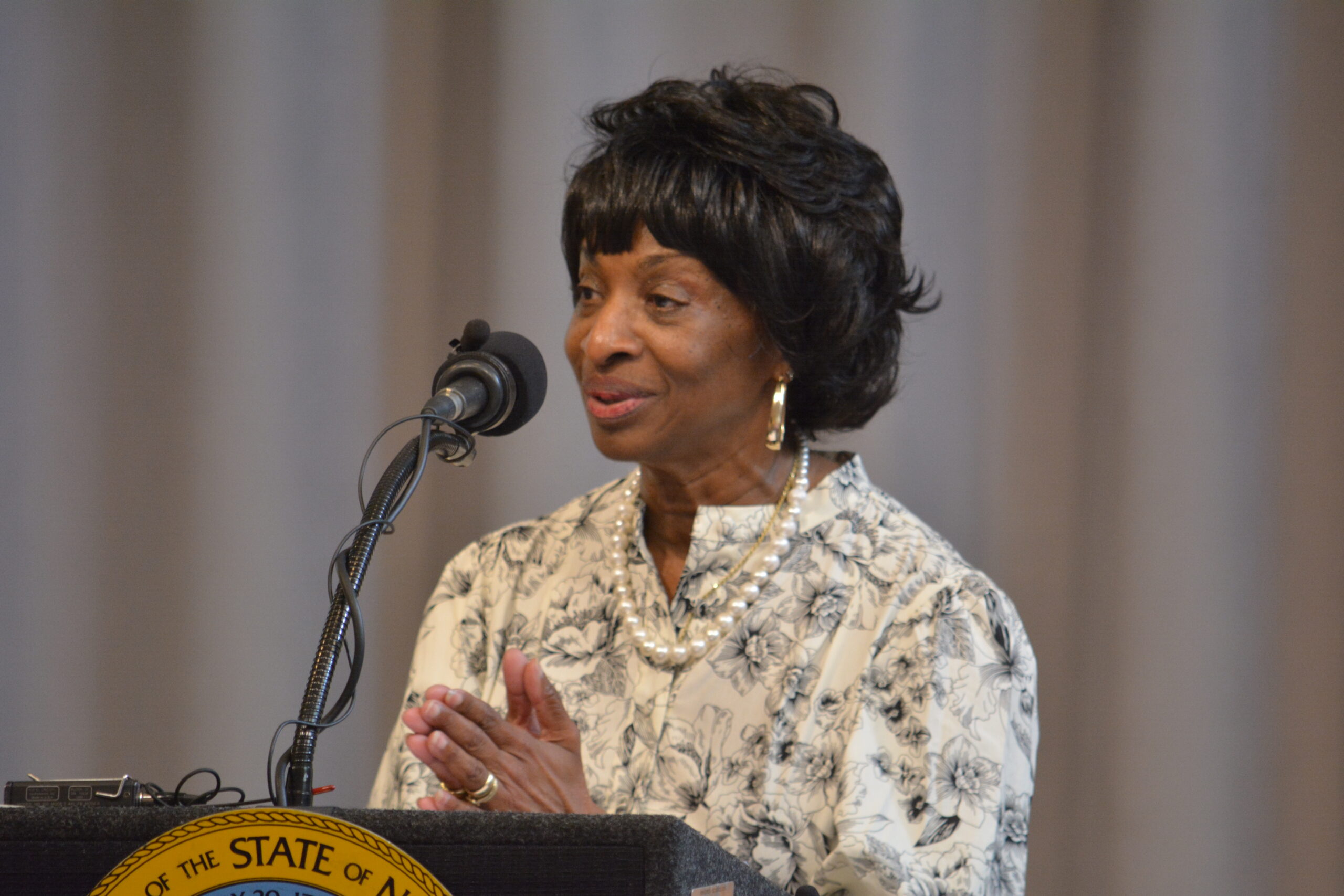In light of a controversial Texas law banning abortions after six weeks of pregnancy, Orange and Chatham County elected officials share their reactions to the newly-enacted “heartbeat bill” and examine how North Carolinians may be affected.
Under the Texas law, passed last week, abortion is prohibited when a fetal heartbeat is detected, which is often before a person knows they’re pregnant. There is no exception for rape or incest, although there is an exemption for “medical emergencies.”
In addition to outlawing abortion as early as six weeks into a pregnancy, the measure allows private citizens to bring civil lawsuits against anyone who provides an abortion after six weeks or helps someone access the procedure. Those found in violation of the law are required to pay at least $10,000.
Hillsborough Mayor Jenn Weaver said this news out of Texas highlights an ongoing attack on American’s reproductive freedoms and bodily autonomy.
“This is a horrific, cruel law,” Weaver said. “Especially for it to happen in such a big state in both population and land size, because it affects so many people. And because of the size of the state physically, it makes it even harder for people with limited resources to access abortion care in other states. What it means for people in North Carolina is to know that there are certainly forces in our state who would gladly pass laws like this, given the chance.”
Solidarity with all those in Texas who are in need of an abortion who can now no longer legally obtain one in their state. Women & girls of all ages, incomes, ethnicities/races, & circumstances need and seek abortions, but the burden is heaviest on some more than others. 1/
— Jennifer (Jenn) Weaver (@Jenn_E_Weaver) September 1, 2021
North Carolina previously had a law that banned abortions after 20 weeks into a pregnancy. This 20-week ban became law soon after the U.S. Supreme Court issued its Roe v. Wade decision – protecting abortion as a constitutional right until a fetus develops enough to live outside the womb.
In June of this year, the Fourth Circuit of Appeals affirmed a lower court decision striking down the state’s 20-week ban. Now, people in North Carolina can legally get an abortion up to the point of viability – which is generally between 24 and 28 weeks.
Those seeking an abortion in the state must wait at least 72 hours and receive both an ultrasound and counseling materials before undergoing the procedure.
Chatham County Commissioner Karen Howard said she will stand with any person who feels that an abortion is the appropriate choice for them. Howard said it’s easy to for people to feel “high and mighty” when talking about the value of a life, even when the mother or child’s quality of life after birth is not taken into consideration.
“As the mother of kids with special needs – of adopted children who were adopted out of abject poverty – I’d rather focus on the laws and talk about in detail: the lives that are here, the children that are here, the needs that exist, the poverty, the homelessness, the lack of access to good healthcare and mental healthcare, the absence of healthy food and food deserts all across this country,” Howard said. “If we’re going to talk about life, I want to talk about those.”
Carrboro Town Council member Damon Seils said even where abortion is legal, it can be difficult for people to access necessary services. He said laws like those recently enacted in Texas disproportionately affect low-income groups. Additionally, in North Carolina, health plans, insurance policies and public funding for abortions are only available in cases of life endangerment, rape, or incest.
“I think one thing for those of us here in North Carolina to keep in mind is that the folks who were pushing this law in Texas are not going to stop with Texas and they’re coming for us, they’re coming for other states,” Seils said. “You know, one thing that strikes me about this law is that it will have the hardest and the greatest impact on folks who are lower wealth in our community. People with resources will continue to receive abortion services. They will continue to have plentiful access to abortion services. It is poor folks and working people who will be the most impacted by this legislation.”
Now more than ever, support your local/state abortion fund! Learn more about @CarolinaAbtnFnd at https://t.co/B76M5GjbHb. https://t.co/OhYkwx2iVw
— Damon Seils 🏳️🌈😷 (@damonseils) September 1, 2021
Looking ahead, Chapel Hill Town Council member Karen Stegman said, while the state is lucky to have a pro-choice governor, gerrymandering in current redistricting efforts will be huge in determining North Carolinians’ continued reproductive freedoms.
“Nationally, and in North Carolina, the majority of people support legal, safe abortion,” Stegman said. “And so, this should not be happening, but because we don’t have fair representation, these kinds of things can happen anyway, and we have to fight – whether it’s about abortion rights, whether it’s about transgender rights – all of these things are under attack. We have to work together and come together. Orange County, Chapel Hill, Carrboro, we are a progressive community that needs to fight the real fights that need fighting.”
Lead photo via Jacquelyn Martin File/AP.
Chapelboro.com does not charge subscription fees. You can support local journalism and our mission to serve the community. Contribute today – every single dollar matters.

